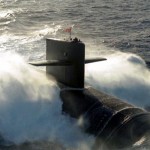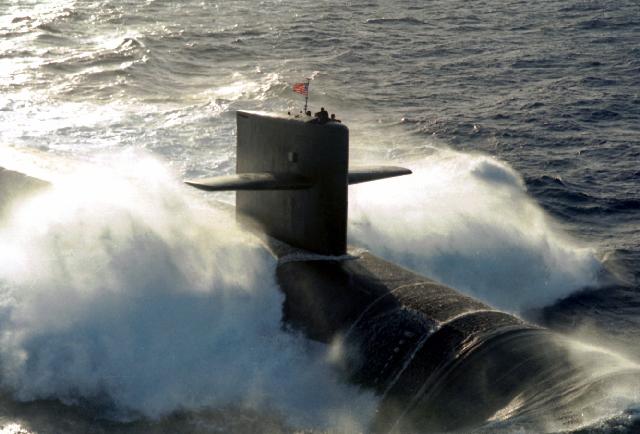
CONNECTICUT – A man plead guilty to importing and selling counterfeit integrated circuits from China and Hong Kong to U.S. customers, including contractors supplying them to the U.S. Navy for use in nuclear submarines, according to federal officials.
Authorities said Peter Picone, 41, of Methuen, Massachusetts, plead guilty Tuesday in U.S. District Court in Hartford, Connecticut to importing thousands of counterfeit integrated circuits from China and Hong Kong.
He then resold them to U.S. customers, including contractors supplying them to the U.S. Navy for use in nuclear submarines.
Federal agents searched Picone’s business and residence on April 24, 2012, and recovered 12,960 counterfeit integrated circuits, officials said.
Officials said Picone knew that the counterfeit integrated circuits would be supplied to the United States Navy for use in nuclear submarines.
Picone pleaded guilty to conspiracy to traffic in counterfeit military goods.
He is scheduled to be sentenced on Aug. 22.
From 2007 through 2012, court records indicate Picone conspired with his suppliers in China and Hong Kong to sell millions of dollars’ worth of integrated circuits bearing the counterfeit marks of approximately 35 major electronics manufacturers, including Motorola, Xilinx and National Semiconductor.
Many of Picone’s customers specified in their orders that they would not accept anything but new integrated circuits that were not from China, but Picone told them that the integrated circuits were new and manufactured in Europe.
Testing by the Navy and one of its contractors revealed that in fact the integrated circuits purchased from Picone had been resurfaced to change the date code and to affix counterfeit marks, all in order to hide their true pedigree, authorities said.
As part of a plea agreement with the government, officials said Picone agreed to a forfeiture money judgment of $70,050. He also agreed to the forfeiture of 12,960 counterfeit integrated circuits seized during the execution of a search warrant at his business and residence, according to authorities.
This is the second conviction ever on a charge of trafficking in counterfeit military goods, a relatively new provision in the U.S. Criminal Code that was enacted as part of the National Defense Authorization Act of 2011, said officials.

